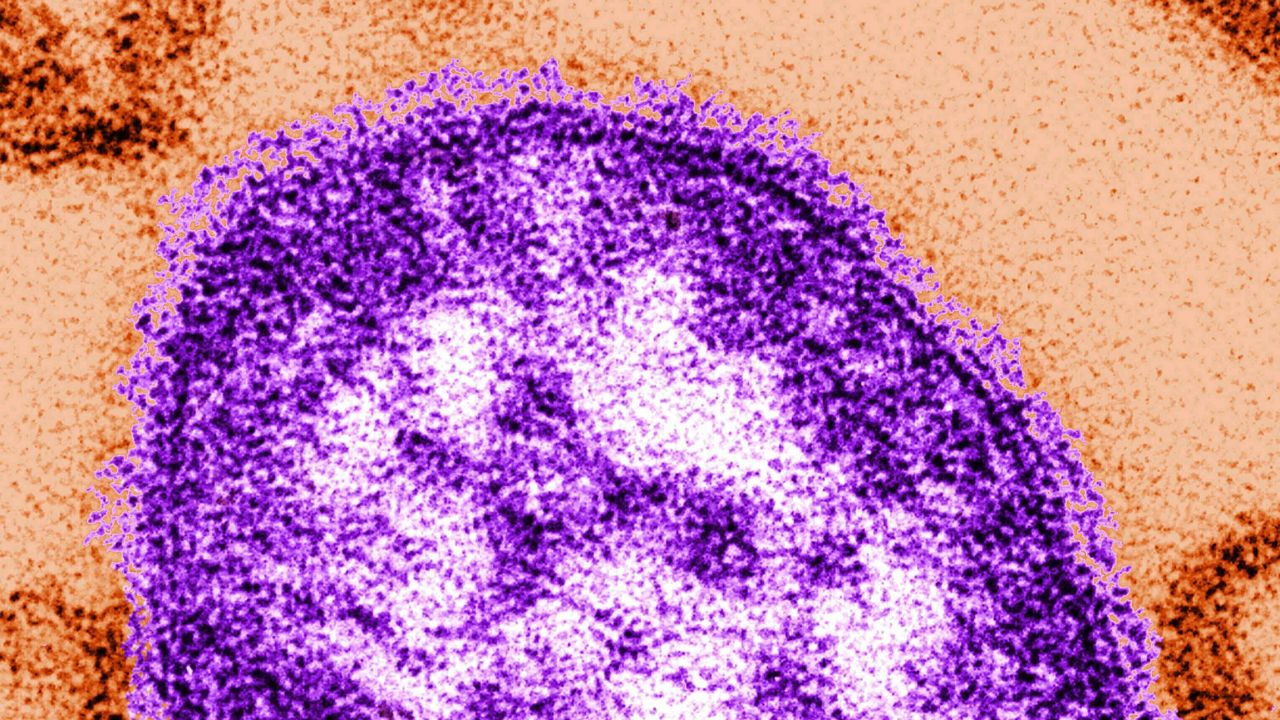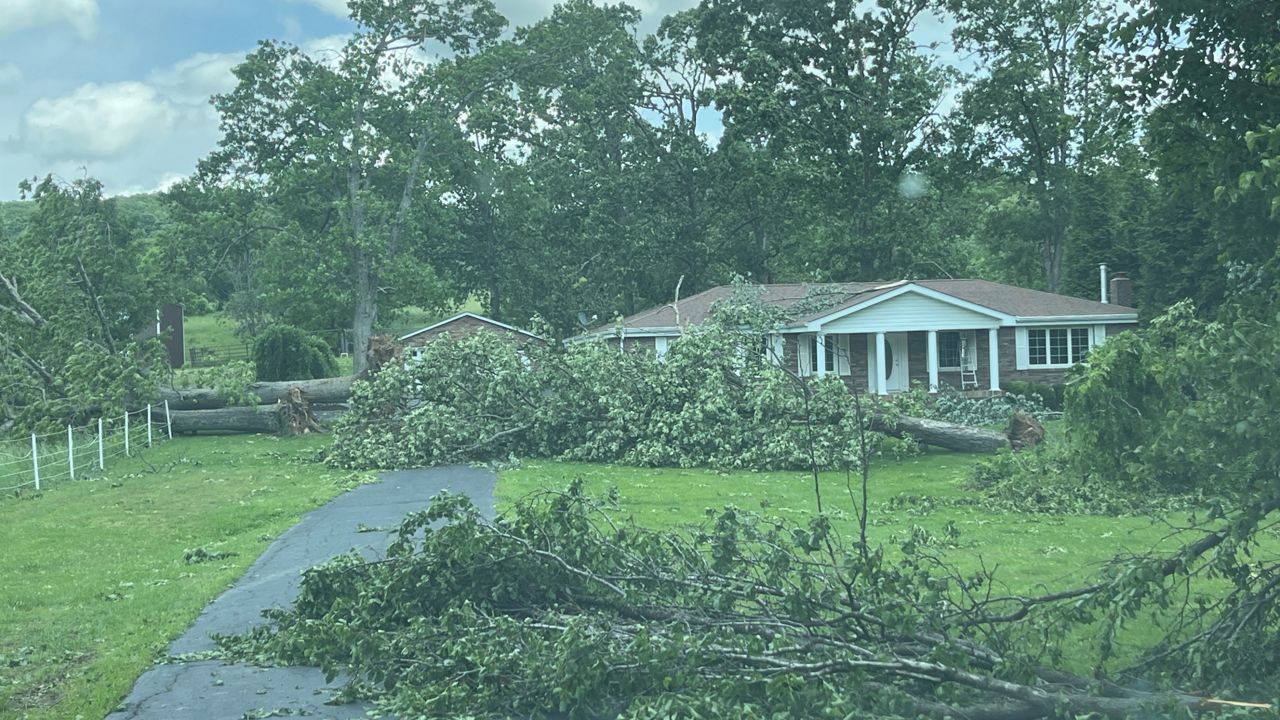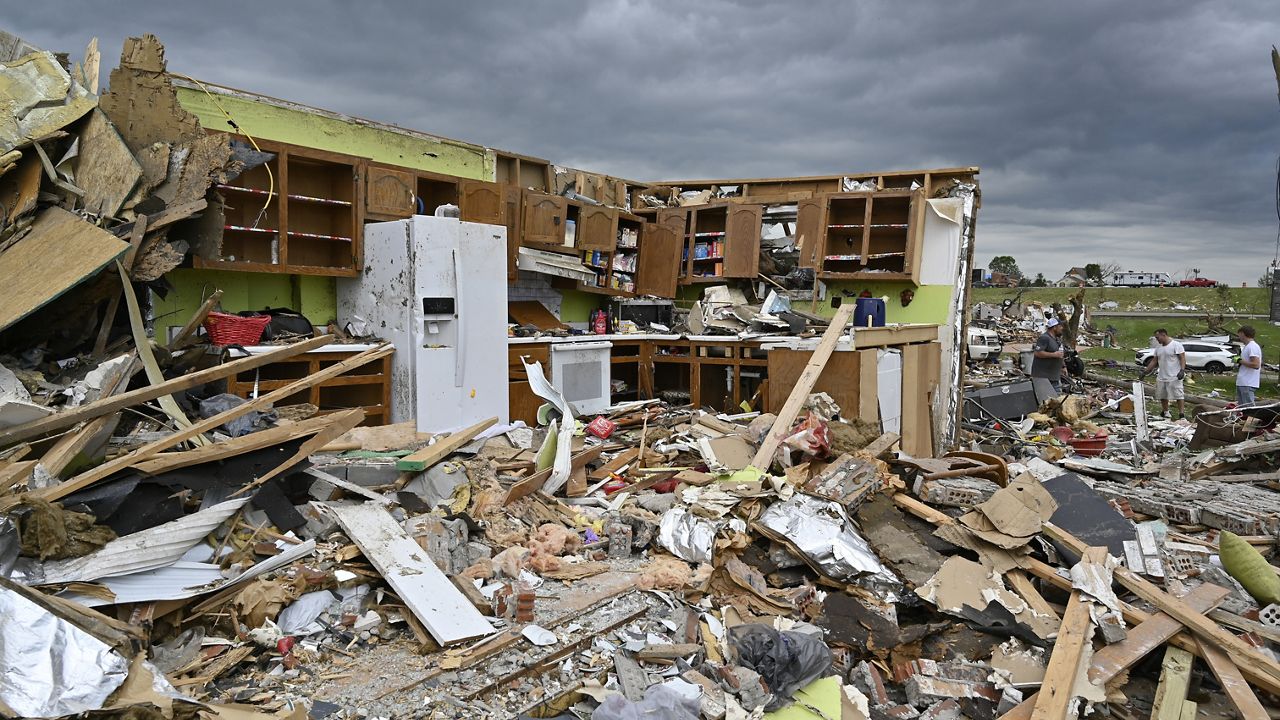ST. LOUIS —The Missouri Department of Health and Senior Services says there is another measles case in southern Missouri.
Officials said the carrier, who lives in New Madrid County, is an adult resident of the county but there is no indication of widespread public exposure.
Those who may have been exposed have been notified. This case is not related to any other measles cases in Missouri.
New Madrid County is about three hours south of St. Louis.
Measles cases are popping up across the United States with incidents in Texas, Florida, Ohio, Hawaii and more.
Measles, a highly contagious virus spread by infectious droplets, begins showing symptoms between one or two weeks after exposure. It starts with cold-like symptoms such as fever, cough, runny nose and red and watery eyes. Three to five days after the first symptoms, tiny white spots may appear inside the mouth and a rash of flat red spots appears at the hairline. In worst cases, measles can cause severe health complications, including pneumonia, encephalitis (inflammation of the brain) and death.
It's spread by directly contacting the infectious droplets. This can happen by direct contact with an infected person’s breath, cough or sneeze or simply by touching a surface that they’ve recently been near. Measles can live on surfaces for two hours after an infected person leaves the area.
Anyone believed to have measles should isolate themselves and call their doctor before getting checked out. DHSS said to help prevent further potential spread, it’s important to get instructions on how to come to the office for diagnosis without exposing others.
DHSS recommends getting “two doses of a measles-containing vaccine, which is primarily administered as the combination measles-mumps-rubella or MMR vaccine. Two doses of the MMR vaccine prevent more than 97 percent of measles infections.”
Even vaccinated, a small number of people can occasionally develop measles but generally with milder symptoms and are less likely to develop severe symptoms. Those with measles who were vaccinated also are less likely to spread the virus to other people per DHSS.
Centers for Disease Control and Prevention and DHSS advise children receive one dose of MMR at within three months of turning one year old and another dose between ages four to six.
DHSS states that it’s not too late for unvaccinated adults. Anyone that needs it may receive a “catch-up” MMR vaccination. Children who’ve yet to enjoy their first birthday are more likely to have severe complications from a measles infection.
DHSS wants health care providers to look to the health alert issued on March 7 for recommendations on infection control and diagnostic testing.
“Providers should report any suspected cases to their local health department immediately, preferably while the patient is still with the provider.”
Additional information on measles and county-level MMR vaccination rates can be found at Health.Mo.Gov/Measles.











